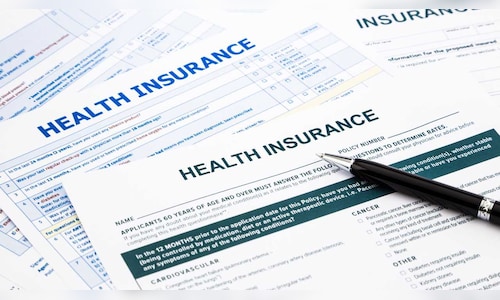Recognize the Signs: Your Guide to Early Detection of Sickle Cell Crisis (Ministry of Health)

Understanding Sickle Cell Crisis: A Crucial Guide from the Ministry of Health
Sickle cell disease (SCD) affects millions worldwide, and early recognition of a sickle cell crisis can significantly improve outcomes. This guide, brought to you by the Ministry of Health, aims to equip you with the knowledge to identify potential crises and seek timely medical attention. It's vital for individuals with SCD, their families, and caregivers to be aware of the warning signs.
What is a Sickle Cell Crisis?
A sickle cell crisis is a sudden, painful episode caused by sickle-shaped red blood cells blocking blood flow. These crises can be triggered by various factors including dehydration, cold weather, infection, and stress. The pain can be severe and debilitating, often requiring hospitalization.
Key Warning Signs to Watch For:
- Severe Pain: This is the most common sign. Pain can occur in bones, joints, chest, abdomen, or back. It may be sudden or gradually worsen.
- Fever: Infection is a common trigger for crises. A fever should always be taken seriously.
- Swelling of Hands and Feet: Blocked blood flow can cause swelling, particularly in the extremities.
- Fatigue and Weakness: Extreme tiredness and a lack of energy are frequently reported.
- Shortness of Breath: This can indicate a blockage in the lungs.
- Sudden Headache: A severe headache, especially accompanied by other symptoms, could be a warning sign.
- Vision Changes: Problems with eyesight should be reported to a doctor immediately.
Proactive Steps for Management and Prevention:
- Stay Hydrated: Drink plenty of fluids to help prevent sickle cells from sticking together.
- Manage Infections Promptly: Seek medical attention for any signs of infection.
- Avoid Extreme Temperatures: Protect yourself from both extreme heat and cold.
- Regular Medical Check-ups: Follow your doctor's recommendations for monitoring and treatment.
- Pain Management: Discuss a pain management plan with your doctor.
- Genetic Counseling: If you or your partner are carriers of the sickle cell gene, consider genetic counseling.
When to Seek Immediate Medical Attention:
Do not hesitate to seek emergency medical care if you experience any of the following:
- Severe pain that is not relieved by medication
- Difficulty breathing
- Sudden vision changes
- Stroke symptoms (e.g., weakness on one side of the body, slurred speech)
- Confusion or loss of consciousness
Resources and Support:
The Ministry of Health is committed to providing resources and support for individuals with sickle cell disease. Contact your local health center or visit the Ministry of Health website for more information. Early detection and proactive management are key to living a healthier life with sickle cell disease.
Disclaimer: This guide is for informational purposes only and should not be considered medical advice. Always consult with a healthcare professional for any health concerns or before making any decisions related to your health or treatment.






